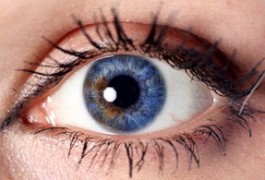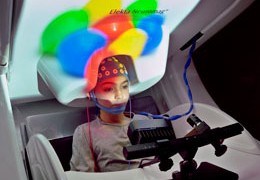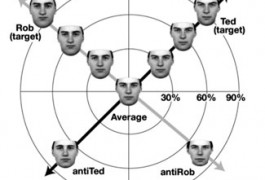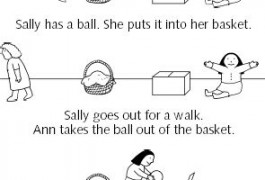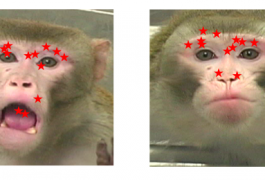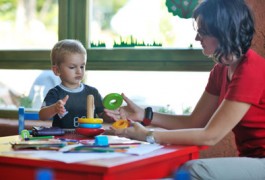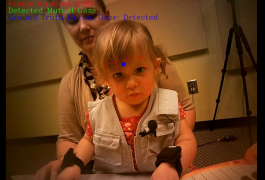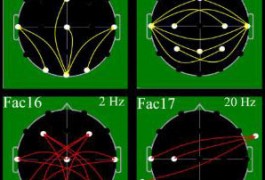Eye movement, motor difficulties linked in autism
Problems with eye movements in people with autism are part of their motor difficulties and may contribute to the social deficits characteristic of the disorder, according to unpublished research presented last week at the Salk Institute, Fondation IPSEN and Nature Symposium on Biological Complexity in La Jolla, California.
